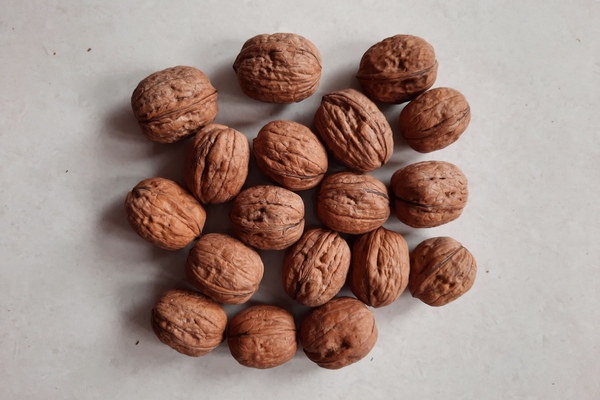Boost Your Milk Supply with These Effective Breastfeeding Diet Tips
Breastfeeding is a natural and essential part of motherhood, providing your baby with the nutrients and antibodies they need for healthy growth and development. However, for some new mothers, achieving an adequate milk supply can be a challenging task. This is where breastfeeding diet tips come into play. By incorporating certain foods and nutrients into your diet, you can effectively boost your milk supply and ensure your baby receives the best possible nutrition.
1. Stay Hydrated
One of the most crucial factors in increasing milk supply is staying hydrated. Your body needs water to produce milk, so it's essential to drink plenty of fluids throughout the day. Aim for at least eight to ten glasses of water a day, and consider adding herbal teas or broths to your fluid intake.
2. Consume Lactogenic Foods
Lactogenic foods are those that have been shown to increase milk production. Some popular options include:
- Oats: Known as the queen of lactation, oats are a great way to increase milk supply. Enjoy a bowl of oatmeal for breakfast or incorporate oats into your cooking.
- Fenugreek: Fenugreek seeds have been used for centuries to boost milk supply. You can consume them in capsule form or add them to your cooking.
- Fennel: Fennel seeds are another lactogenic herb that can be added to teas, broths, or even cooked with vegetables.
- Almonds: Almonds are rich in protein, healthy fats, and calcium, making them an excellent choice for breastfeeding mothers.
3. Pump and Express
Pumping and expressing milk can stimulate your body to produce more milk. By pumping or expressing milk after breastfeeding, you're sending a signal to your body that more milk is needed. This can help increase your milk supply over time.
4. Eat a Balanced Diet
A balanced diet is essential for both you and your baby. Ensure you're getting a variety of nutrients, including:
- Protein: Your body needs protein to produce milk. Incorporate lean meats, fish, poultry, eggs, legumes, and dairy products into your diet.
- Carbohydrates: Complex carbohydrates like whole grains, fruits, and vegetables provide energy and fiber to keep you feeling full and regular.
- Fats: Healthy fats are important for your baby's brain development. Include sources of omega-3 fatty acids, such as fish, flaxseeds, and walnuts, in your diet.
- Vitamins and Minerals: Vitamin D, calcium, iron, and magnesium are crucial for both you and your baby. Consume fortified foods, dairy products, leafy greens, nuts, and seeds to meet your daily requirements.
5. Manage Stress

Stress can negatively impact your milk supply. Try to manage stress by practicing relaxation techniques such as deep breathing, meditation, or yoga. Additionally, ensure you're getting enough sleep and taking time for yourself to rest and recover.
6. Seek Professional Advice
If you're struggling to increase your milk supply, don't hesitate to seek professional advice. A lactation consultant can provide personalized guidance and support to help you meet your breastfeeding goals.
By incorporating these breastfeeding diet tips into your daily routine, you can effectively boost your milk supply and provide your baby with the best possible nutrition. Remember, breastfeeding is a journey, and it's essential to be patient and persistent in your efforts. With the right approach, you can successfully meet your breastfeeding goals and create a nurturing bond with your baby.









